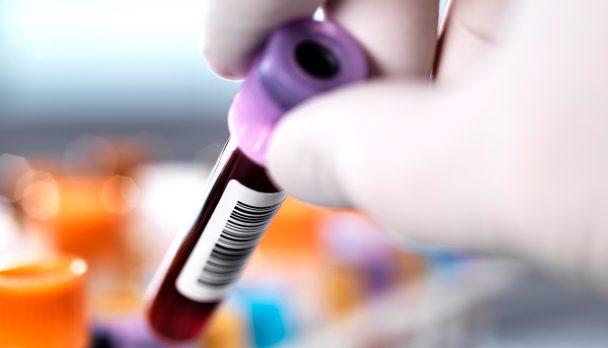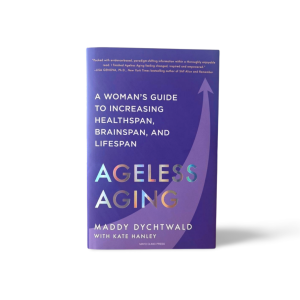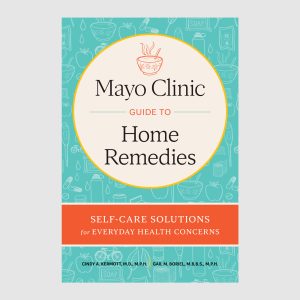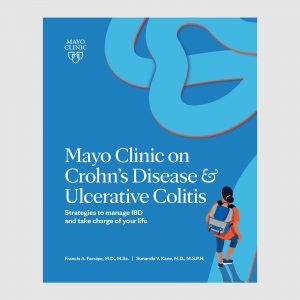
How much impact does gut health have on the brain? This question is researched and explained by Partha Nandi, M.D., F.A.C.P. in Heal Your Gut, Save Your Brain. This book is inspired by Dr. Nandi’s personal experience with his father’s sudden stroke, an account of which is included in the following excerpt. Finding answers about his father’s stroke led to considering the impact that the gut has on the brain — something that is not typically brought up in a doctor-patient relationship. After 10 years of research and consulting with several Mayo Clinic experts on the topic, Dr. Nandi created Heal Your Gut, Save Your Brain to help others understand the importance of gut health.
One spring evening, my sister and I were having an animated conversation about two political candidates. At one point, our father jumped in and said something matter-of-fact, like, “Listen, they’re all the same. It is politics.” When he prepared to go to bed, my sister and I returned to our homes. That was the last time we would see Dad as we had always known him.
An hour or so later, my mom called. Dad was slurring his speech, and one side of his mouth was drooping—classic signs of a cerebrovascular accident (CVA, commonly known as a stroke). I rushed back to their house and gave him an aspirin to help thin his blood, and then my sister drove him to the ER, which was only about five minutes away. Although we had managed to get my father to the hospital within thirty minutes of the stroke’s onset, the entire left side of his body was paralyzed.
I could not help but wonder: could we have done anything to prevent this awful event?
Searching for answers
The brain and the gut are neurologically and biochemically connected via millions of nerves and the trillions of microbes that populate the intestines. Known as the gut-brain axis, this communication network between the two systems is vast and complex. Although scientists have known about this axis for some time, the assumption was that the brain controlled how the digestive tract functioned. Only recently has science given the gut its due credit in this relationship.
This relationship has come to the forefront of attention as over the past two decades we have seen a rise in stroke (like my dad experienced), Parkinson’s disease, and Alzheimer’s disease, and a general decline in brain health.
What gives? What are we doing (or not doing) in our modern lifestyles that is facilitating neurological disorders that lead to cognitive decline? More importantly, what can we do to prevent this decline or at least slow it down? As it turns out, a lot more than you might think. And much of it is as simple as changing basic elements of your lifestyle and the food on your plate.
While this research is becoming more and more accepted in academic circles, it has yet to reach mainstream medicine. Most neurologists are not treating neurodegeneration by considering the gut. Although many gastroenterologists find the research interesting, few are applying it in their everyday practices. I am in a minority, and it is my observations, study of the available research, and insights that I share with you here.
In the United States about one in five people suffers from a digestive disease like acid reflux, stomach ulcer, IBS, Crohn’s disease, or even lactose intolerance. A few of these folks have acute symptoms like vomiting and bleeding that bring them to my office or even to the emergency room. Some of them have symptoms such as bloating, constipation, or diarrhea that they may feel are not serious enough to call for a visit to the doctor. Many associate their discomfort with certain food types or ingredients—like dairy or gluten—and self-diagnose (or misdiagnose) themselves as being intolerant. Others have no idea what is bothering them, and a considerable number may have no symptoms whatsoever.
If we are to use the digestive tract to preserve brain health and prevent its decline, we need to make a practice of improving gut health and pay attention to even these “little” things. I would argue gut health needs to be our number-one wellness goal, but before we can find the solutions, we need to understand the problems, because when we are able to spot the warning signs and take preventive action, there is so much we can do to treat dis-ease before it becomes acute disease, or maybe even before it occurs at all.
When you experience poor gut health in its extreme, you may suffer from bloating, abdominal pain, discomfort, nausea, vomiting, and changes in the way your bowels move. Those are common clinical signs. However, before these show up you may notice more subtle indicators, like having difficulty tolerating or enjoying the kinds of foods that you normally did. You might even experience episodes of “brain fog” or a feeling of mental ineptitude following your meals or at other times when, although you are satiated and well rested, you are not able to function well.
These relatively common and (at least on the surface) “normal” conditions can mask bigger troubles in the gut and/or develop into larger and more systemic issues, such as another autoimmune disease like lupus and rheumatoid arthritis, as well as celiac disease, type 1 diabetes, and psoriasis. These occur when the immune system mistakenly attacks parts of the body, in effect hurting itself to protect itself.
In other words, autoimmune diseases and their related symptoms could be signs of poor GI health, which then can contribute to, worsen, or even lead to poor brain health. It is important to watch for subtle signs:
- Distractibility when you have always been able to read and quickly assimilate information.
- Forgetfulness to a degree that feels inappropriate or uncomfortable.
- Irritability, emotional outbursts, confusion, and depression.
- Memory loss or a sudden change in mental energy.
- Not being able to follow conversations.
- Suddenly having trouble with basic computation when you have always been good at math.
- Trouble with recollection even when you are well rested.
People do not always see these as central nervous system or brain health issues, especially at first, but when you lose some of your cognitive ability and there is an abrupt shift in how you control your anger, stress, focus, or emotions, this may well be an effect of a disruption along the gut-brain axis.
As soon as we notice any of these symptoms, it is important to pay attention to what is going on with our gut because what we do not know (or what we ignore) can kill us. Many people think that unless there is an absolute dumpster fire in their abdomen, they are okay. That is not the case. Even if you are not bloated, uncomfortable, constipated, or having diarrhea every day, you still may have inadequate gut health. You may have mild or intermittent symptoms and blame them on over- indulgence—the chili you ate for dinner or that extra scoop of ice cream.
Drawing Conclusions
What happened with my dad is what occurs in many doctor-patient relationships—both parties react only to severe symptoms. We do not see the warning signs. It is like we are on the Titanic and do not realize there is an iceberg ahead until it is too late to change course.
Although I wish I could have done something differently in my dad’s case, we did not have the amount of data and evidence about the gut-brain connection that we do now. Sir William Osler, often described as the father of modern medicine, once said, “To study the phenomena of disease without books is to sail an uncharted sea, while to study books without patients is not to go to sea at all.” That is why in this book I am sharing with you the maps I wish I’d had back then.
An excerpt from Heal Your Gut, Save Your Brain by Partha Nandi, M.D., F.A.C.P.
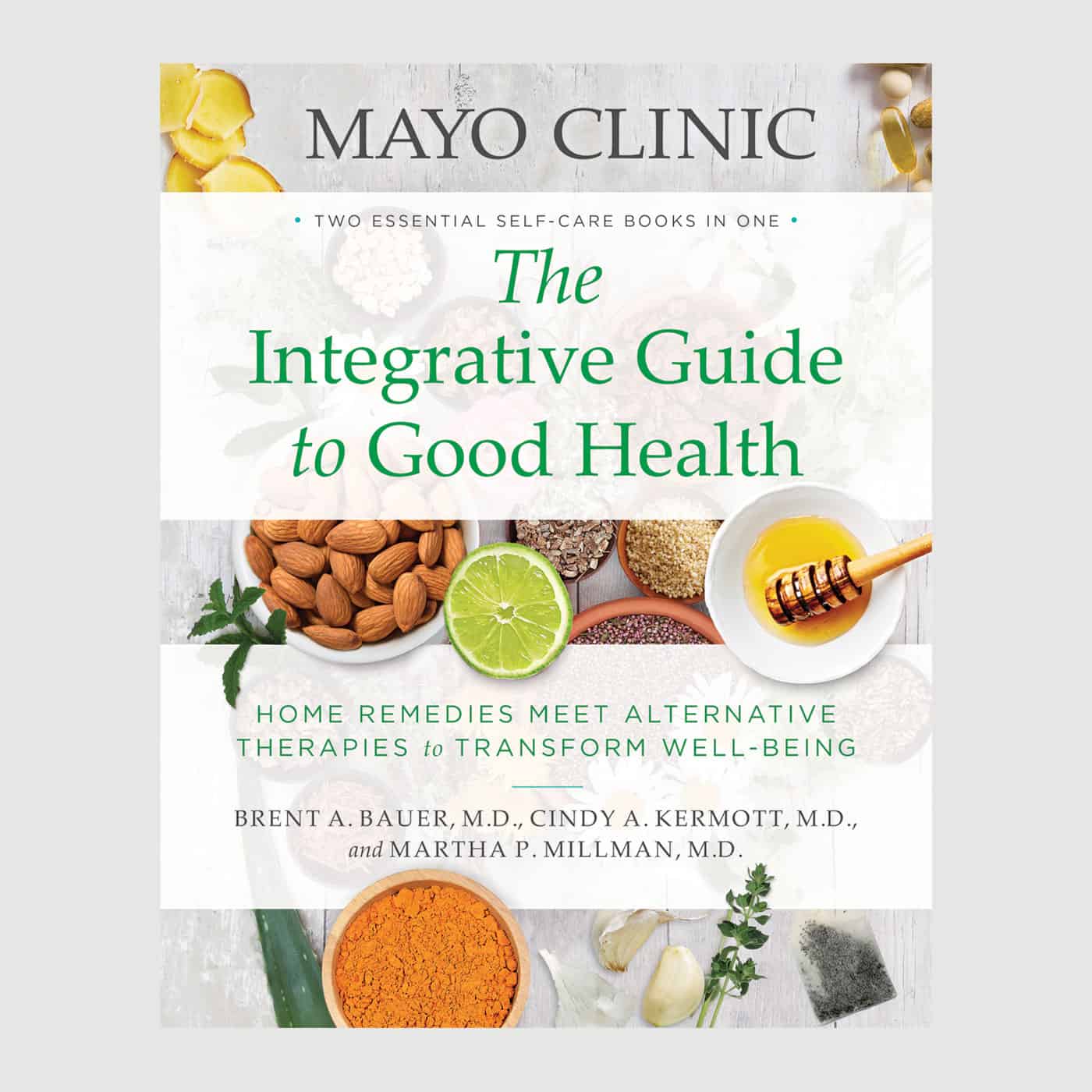
Relevant reading
Mayo Clinic The Integrative Guide to Good Health
As Americans seek greater control of their health, explosive growth is taking place in the field of integrative medicine. More and more, people are looking for more natural or holistic ways to maintain good health; they want not only to manage and prevent illness but also to improve their quality…








